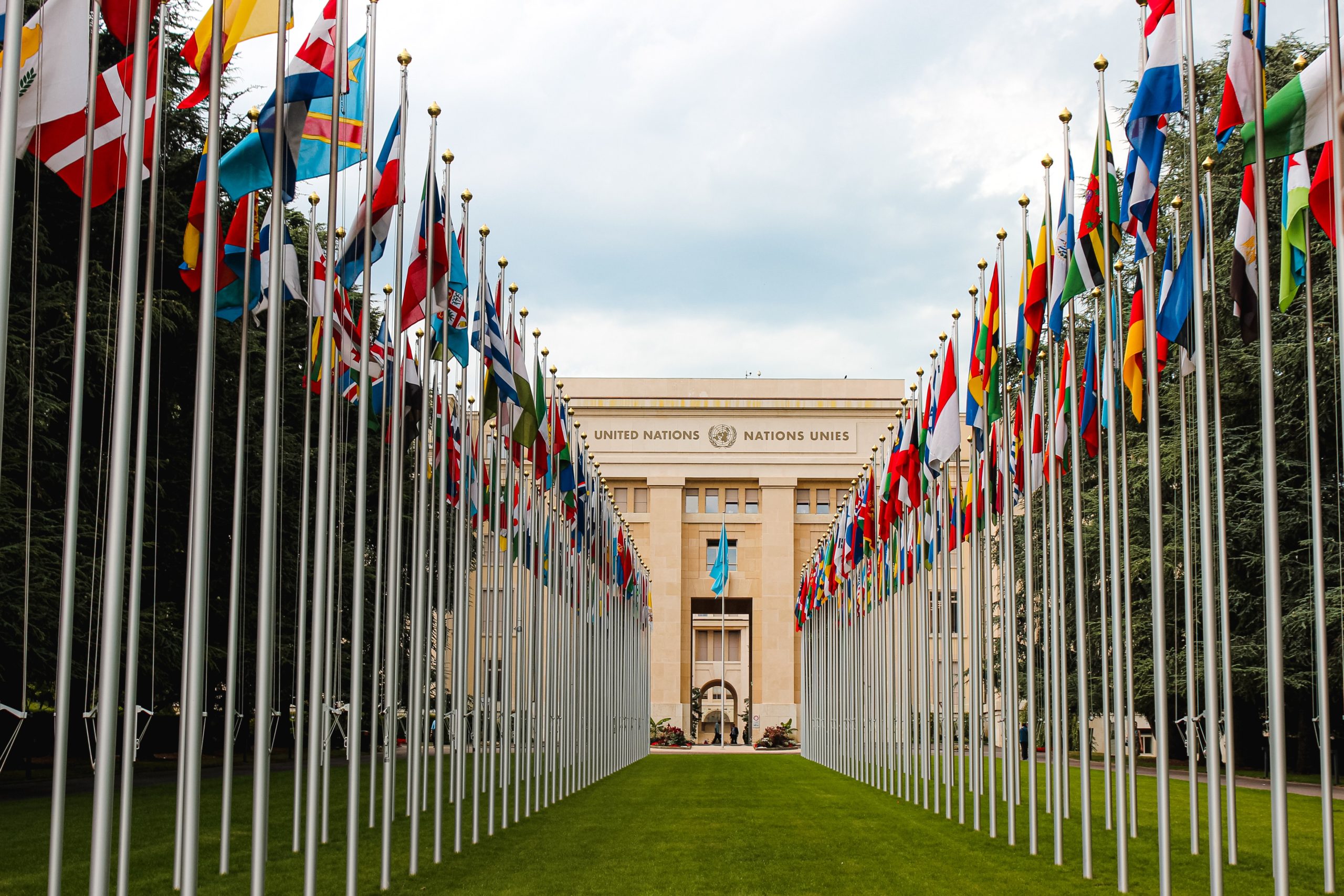The UN Human Right Council (UNHRC) reviewed the Philippines’ compliance with the UN human rights conventions during the 4th cycle of the Universal Periodic Review (UPR) on November 14, 2022. In the UPR process, UN member states made recommendations on how to improve the human rights situation in the Philippines. The last UPR for the Philippines took place in 2017 – less than a year after former President Rodrigo Duterte took office.
At the UPR, several states criticized, among other issues, the persistent “culture of impunity” in the Philippines. At least 24 states, including Germany, called on the Philippine government to end impunity against journalists, human rights defenders, and government dissidents. Austria, the Netherlands, and the United States also called for greater protection for human rights defenders through the long-pending passage of the Human Rights Defenders Protection bill.
Philippine Justice Secretary Jesus Crispin Remulla denied at the UNHRC in Geneva that the Philippines has a “culture of impunity.” In doing so, he referred to the concrete measures taken by the government in the case of the recent murder of radiobroadcaster Percival “Percy Lapid” Mabasa. Senator Aquilino “Koko” Pimentel III commented on Remulla’s statement, stressing that certainly “there is a culture of impunity prevailing given the many unsolved crimes especially murders.”
At least seven UN member states called on the Philippine government in the UPR session to stop the so-called practice of “red-tagging” (meaning, the accusation of supporting the armed communist insurgency) against journalists, human rights defenders, and government critics and to revise the controversial Anti-Terrorism Act of 2020. At least 11 states, including Germany, also urged the Marcos government to investigate the extrajudicial killings that occurred since 2016 as part of former President Duterte’s so-called “war on drugs.” Austria, Cyprus, Estonia, and Ireland also called on the Philippine government to rejoin the International Criminal Court (ICC). The Philippines left the ICC in 2019 under the Duterte administration.
The Philippines accepted 200 of the 297 UPR recommendations. In this regard, Justice Secretary Remulla stressed that the harassment and intimidation of human rights defenders as well as the extrajudicial executions are not state policies.
Philippine human rights groups warned, however, that these promises made by the Marcos government are mere rhetoric. “Until, for instance, the Philippine government stops the persecution of Maria Ressa, of other journalists, until they release [former senator] Leila de Lima, until Marcos declares an end to the violent drug war, until the attacks against CSO [civil society organization] actors end, until red-tagging stops – it’s all rhetoric, it’s all propaganda,” added Carlos Conde of Human Rights Watch.
According to Philippine Alliance of Human Rights Advocates (PAHRA) board member Aurora Parong, the UPR process should also be revised. Parong emphasized that countries under review should be able to explain why they failed to comply with the UN human rights standards and why they did not accept certain recommendations.
Photo © Mathias Reding

